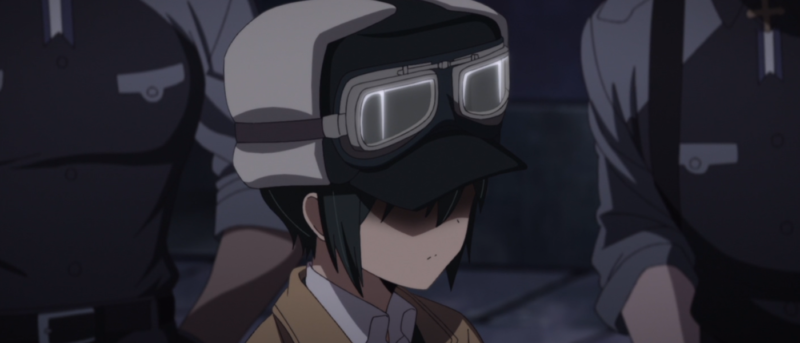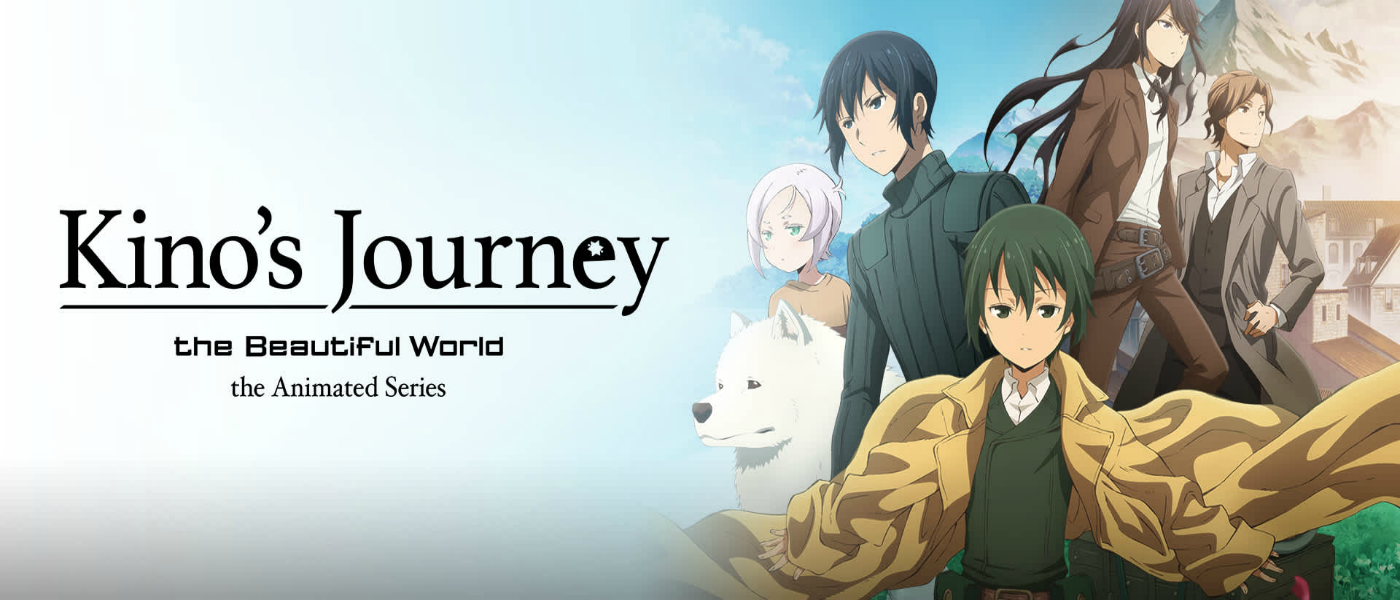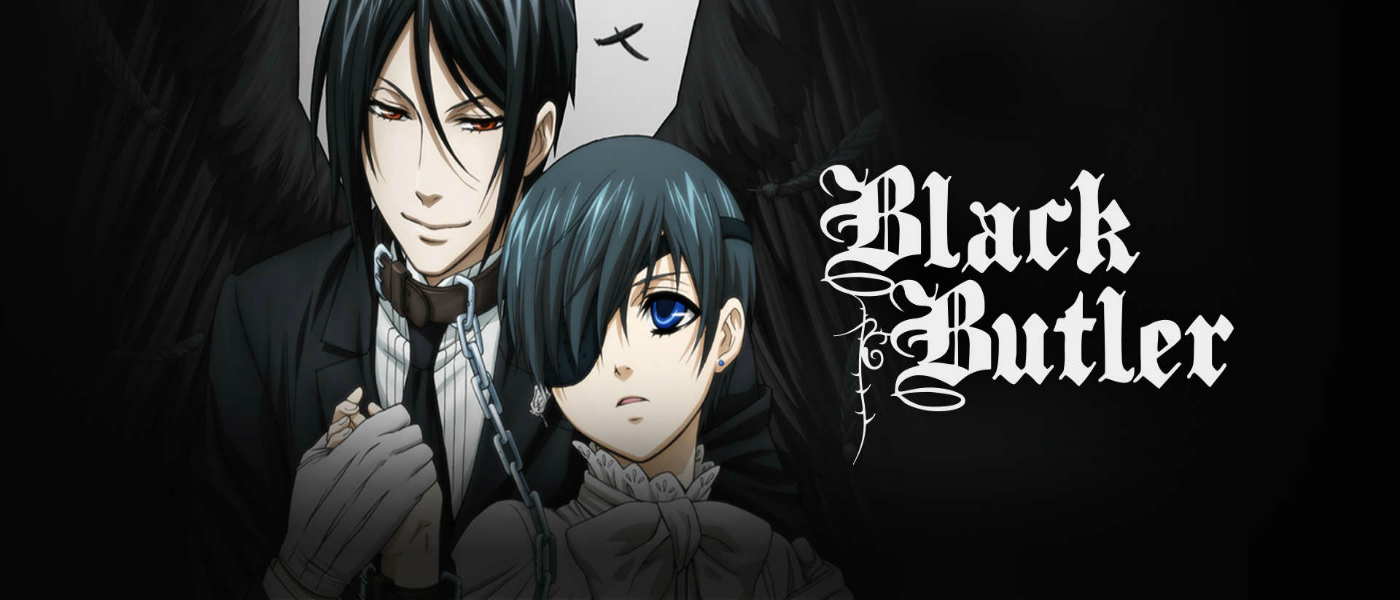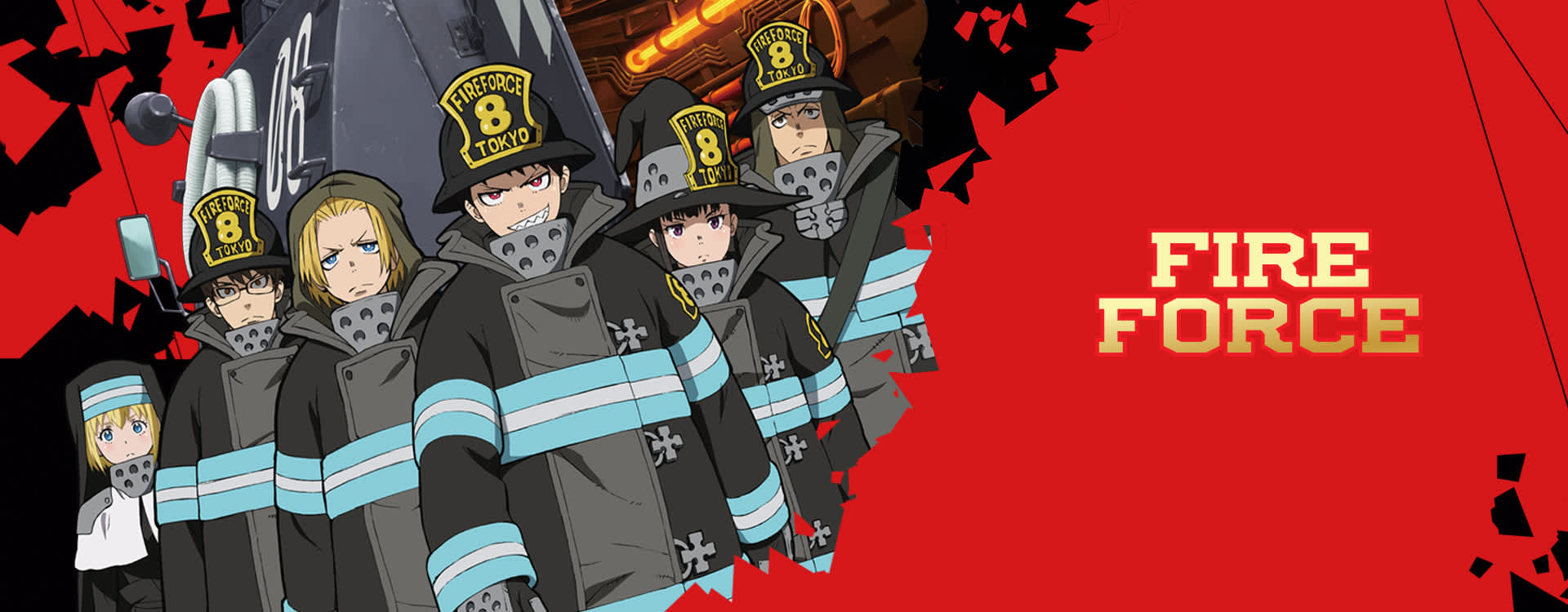English Dub Review: Kino’s Journey -the Beautiful World- “Colosseum”
You gotta fight… For your right… to keep liiiiii-iving.
Overview (Spoilers)
Kino is advised by a lady in a carriage to visit a particular country. More like strongly urged. When she arrives, she is informed by the guard that by entering the country, she is now automatically forced to fight in the Colosseum. Those that survive are granted citizenship and may make anyone law they desire. For her own reasons, Kino puts on her scary face and decides to go through with it. One quick question, though. What happens if she hits someone in the audience with a stray bullet? They tell her that everyone in the audience knows they do so at their own risk. Her first few fights aren’t much, but she works her way to the finals. As she preps overnight for the fight, Hermes tells her the backstory of the Colosseum that he heard from one of the guards. Seven years before, the country was ruled by a good king. However, he was murdered by his evil son, who instituted the games and ruled with an iron fist. His own wife, unable to bear what he had become, killed herself. After that, he exiled his own son, for fear he would take over the country himself one day. Well the time that she is hearing this, Kino is constructing a special bullet. It has an extremely dense propellant, and a soft tip with grooves cut in it. The next day, she heads to the finals and tells Hermes that he should watch. After all, she plans to do something if she wins, and they will need to leave. Her battle is a swordsman Shizu, and he is exceptional with his blade. He can even block bullets, not that she was trying to score a lethal hit on him anyways. He manages to disarm her, but she pulls out her revolver to his exposed stomach. He surrenders. Even though the crowd is calling out for him to be killed, she tells him that she managed to get that far without killing a single person. But will she spare him, or kill him? Neither. She tells him to duck and fires just over his head. The bullet goes right through the glass front of the King’s box… and pops his head like a balloon. She has killed the king with a “stray bullet”. However, as per the rules of the games, she can make a new law. She decrees that the new king shall be selected by a fight to the death. Participants? The entire country. Immediately, people either flee or tear each other apart. Kino herself leaves and ponders the country a bit. The woman told them to go there, but they had seen her once before. Of course, then, she was with her husband, and they were headed to this country as well. Kino and Hermes are interrupted by Shizu driving by on his dune buggy with his talking dog, Rikku. He reveals that he was the exiled prince, and had entered the games in order to get close enough to kill his father for the terrible things he had done. Fortunately, her approach meant that he wouldn’t have to suffer consequences for an assassination. The two part company, and continue on their travels.

One thing worth noting: This episode differs a bit from the original anime from the early 2000’s. For one, the original makes much more of a point of how terrible the king is. Not only does he have this society based on murder, but those girls we saw him within the box? Well, the original point out that female finalists didn’t become citizens. They simply became one of the king’s wives. Given that Kino is physically female, it makes this whole thing a rather personal grudge and explains why it was absolutely vital she kill the king. The other difference was in her decree at the end. There, she not only limited the scope of her decree to the upper class, but it gave immunity to the lower class and gave everyone a window of time to escape. Here, she merely states the whole country has to kill each other until only one person is left, and they become king. How does that make me feel? Let me tell you about it.
Our Take
This goes completely counter to the Kino we have gotten to know. In episode one, we see a Kino who only fights if she has to. In this episode, when forced to fight, she won’t kill if she has another option. Then, after winning everything and killing the sphincter-stetson of a ruler, she indirectly and casually commits premeditated genocide. This adaptation has left a considerable amount out of this episode, and though I’m not sure if it was for brevity or just bad writing, the omission is to its detriment. Kino’s stakes? Her life. This version doesn’t make winning a bad proposition. She could win, and say that the country’s borders are to be forever closed to those trying to enter. Done. Now the problem of the force gladiatorial combat is over, and the people of the country will slowly decline from lack of trade. Instead, she makes everyone kill each other. Sure, people can leave and not be a part, but she gave them no window to do so. A pacifist running from the city could be torn apart, and nobody would know the difference. This isn’t the Kino that the writers have shown us thus far, and isn’t the Kino I remember. It also removes much of the moral of the original. In fact, It buries its moral, which is different from the original.
At its core, Kino’s Journey is about sociology. Kino goes to a new place, observes its government and culture, and moves on. These places serve as a model of some concept for society or legislature. The previous episode was all about what is called the “Mandate of Heaven”. You see, the government gets its power from its people, who give up freedoms to have security. In “A Country Where People Kill Other’s” We see a city that has retained the rights to kill others, and thus have no security against being killed. Instead, they themselves ensure that psychopaths are put down quickly, and do so as a group. This episode was supposed to be about the struggle between the upper class and lower class, especially because the upper class rarely treats the lower class like humans. At first, I thought that this version had no moral at all. I couldn’t see it. Then, I realized that this modern version is seeing the situation differently. Beyond class, nobody in this society was standing up and saying that this was wrong. Nobody tried to stop it. It was accepted and even enjoyed. And, this, my friends is where the moral lies. If you do not stand up to stop what you know is wrong, you are just as bad as those who perpetrate the act. Take a look around you right now, politically and socially. There are so many things going on right now in the world that make me wonder “How did it get like this?” How did we fall so far? Because it was easier to let the mighty do what they wanted. Aren’t we just as culpable if we let those in power steamroll us? This is a powerful and topical moral, but it takes a bit of thinking to realize that it is there. The point is buried under a layer of shock, as the Colosseum is turned into a bloodbath.
On a technical point, this episode had some good animation, and the scenes outside the city were beautiful. We really don’t get to see the inside of the city at all. Just the Colosseum and Kino’s cell. The first and final fights were showed through in the animation. It isn’t about being flashy with what was going on. It was about making what happens to feel real. That means that the giant ball and chain breaking doesn’t go flying off dramatically to smash into a wall and flatten somebody. It just flies in a weird vector and drops to the ground. Shizu blocking Kino’s shots really only happens when his sword is already near where the bullet’s bath was going. Still, stopping that bullet has got to take some strength!
I don’t know how I feel about the voice acting here. Most of the characters sound like they only have one emotional state, except for Hermes. Still, I liked the casting choice of Christopher Sabat for Rikku. Having a talking dog that sounds like Piccolo? Classy. He delivers his few lines well, especially when he talks about how he licks his own butt. That was a good comedic performance.
Score
Summary
So, while the episode is beautiful, its voice acting is kinda samey, and it loses much of its punch and moral while adapting to its new focus. I give it seven murder Superbowls out of ten.
























"There are also other characters that come and go (also owned by the Warner Bros. Discovery conglomerate media company)."
Huh. Is that just referring to other characters from the show itself, or is this implying that the new season is going to have cameos from other WBD IPs